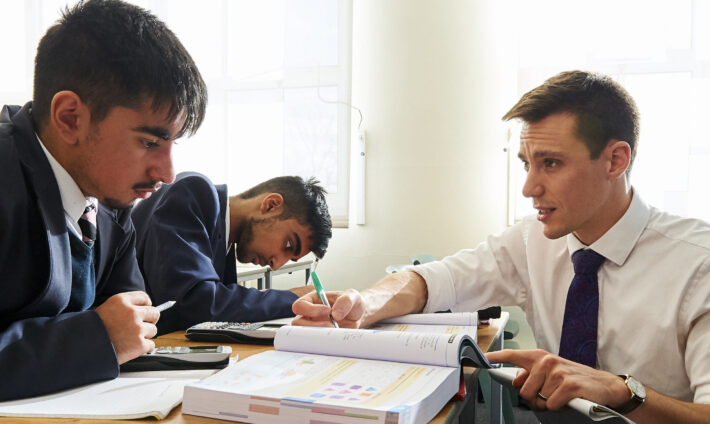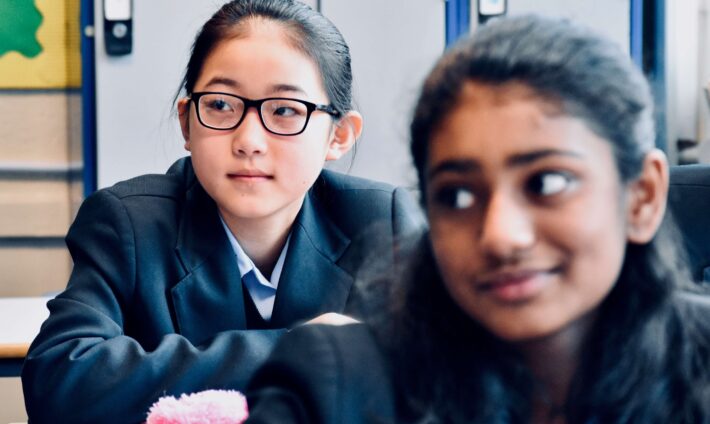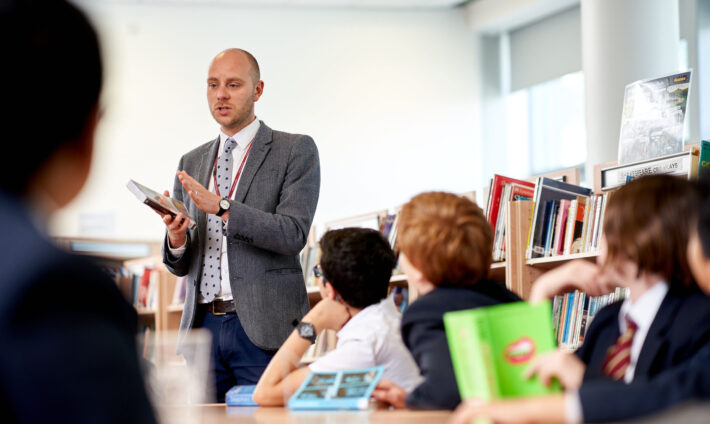There's no excuse for abuse
Child abuse is intentional harm from an adult or child that can have negative effects on a child’s health, relationship and education. Abuse covers many forms including: emotional, physical, sexual or neglect.
Data from the NSPCC states that, during the pandemic, there was an increase in young people’s vulnerability, in particular online abuse and abuse at home. This highlights the importance of school life and how it can translate into a safe environment for some young people.
The King Edward VI Foundation ensures that, throughout each school, safety is a top priority not only within the premises but also extending to home life. If we see signs of abuse, we will act on it immediately.
To gain deeper insight into how the Foundation manages abuse, continue reading.
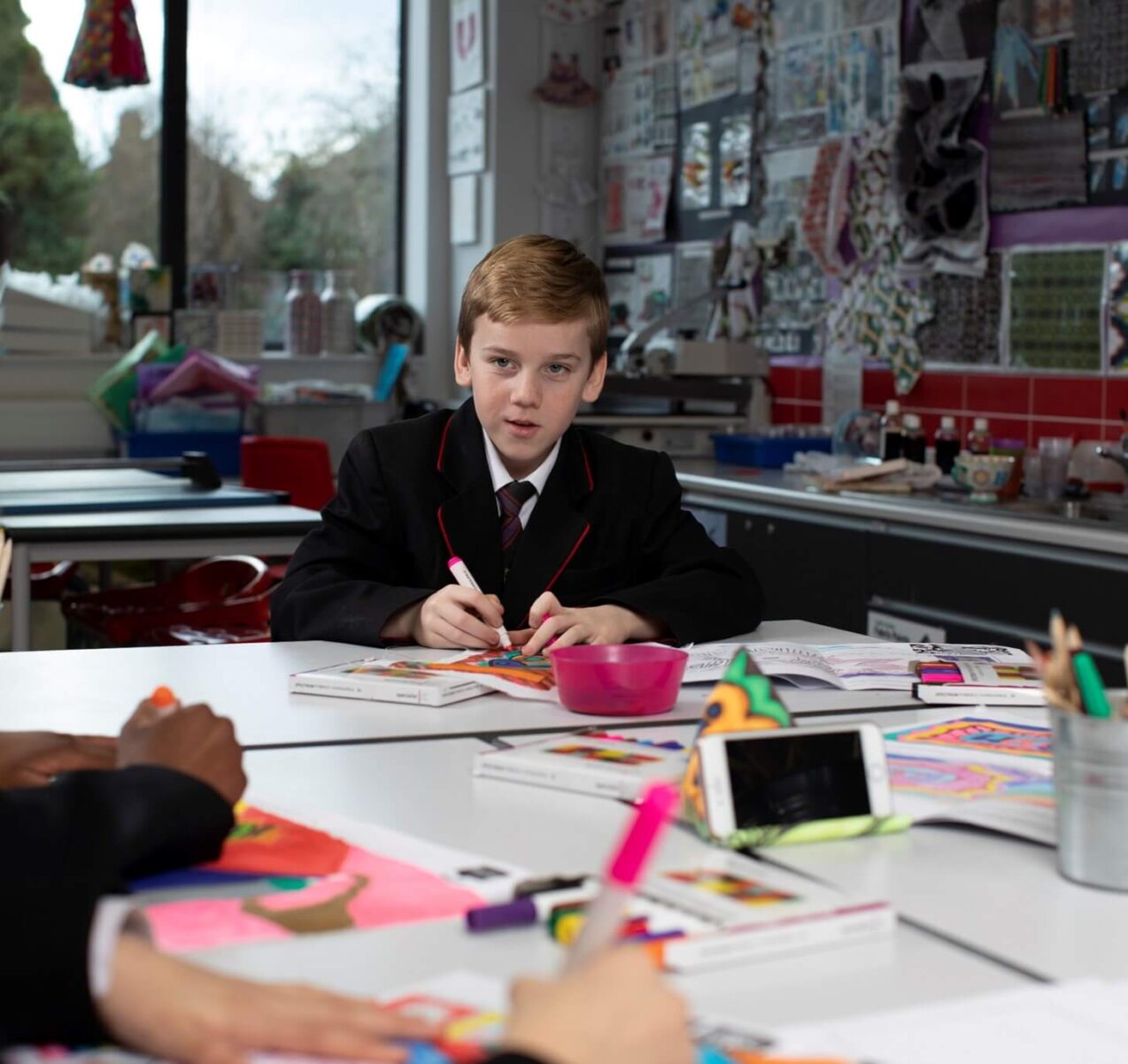
Preventative measures
Educating students to recognise the different types of abuse and preventative measures is critical. Below are a few initiatives that are implemented across the Foundation:
- Planned, high-quality, Sex and Relationship lessons;
- Personal, Social, Health, Citizenship and Economic (PSHE) lessons;
- Digital defence – Educating young people on how to navigate online platforms and digital devices safely and effectively;
- Engagement with appropriate, well established external agencies to deliver materials to students.
If you would like to understand the different types of abuse, click here

FAQs
-
Emotional abuse is often a part of other kinds of abuse which means it can be difficult to spot the signs.
Below are a few types of emotional abuse, from NSPCC:
- Humiliating or constantly criticising a child;
- Threatening, shouting at a child or calling them names;
- Making the child the subject of jokes, or using sarcasm to hurt a child;
- Blaming and scapegoating;
- Making a child perform degrading acts;
- Not recognising a child’s own individuality or trying to control their lives.
To learn more, click here
-
Considering abuse can at times be hard to spot, it may be worth talking with your child about the incident/s in more detail to confirm if it is or is not abuse.
Regardless, we are here to listen and help. Please directly contact the school your child attends to discuss the matter further.
-
To combat the risk of your child receiving online abuse, ensure you sit down with your child and talk to them about the risks that come with the internet. Highlight that if there is a problem online or something doesn’t seem right, to share the feeling so that they don’t feel alone.
There are resources and safety tips online to support the conversation, click here for more.

